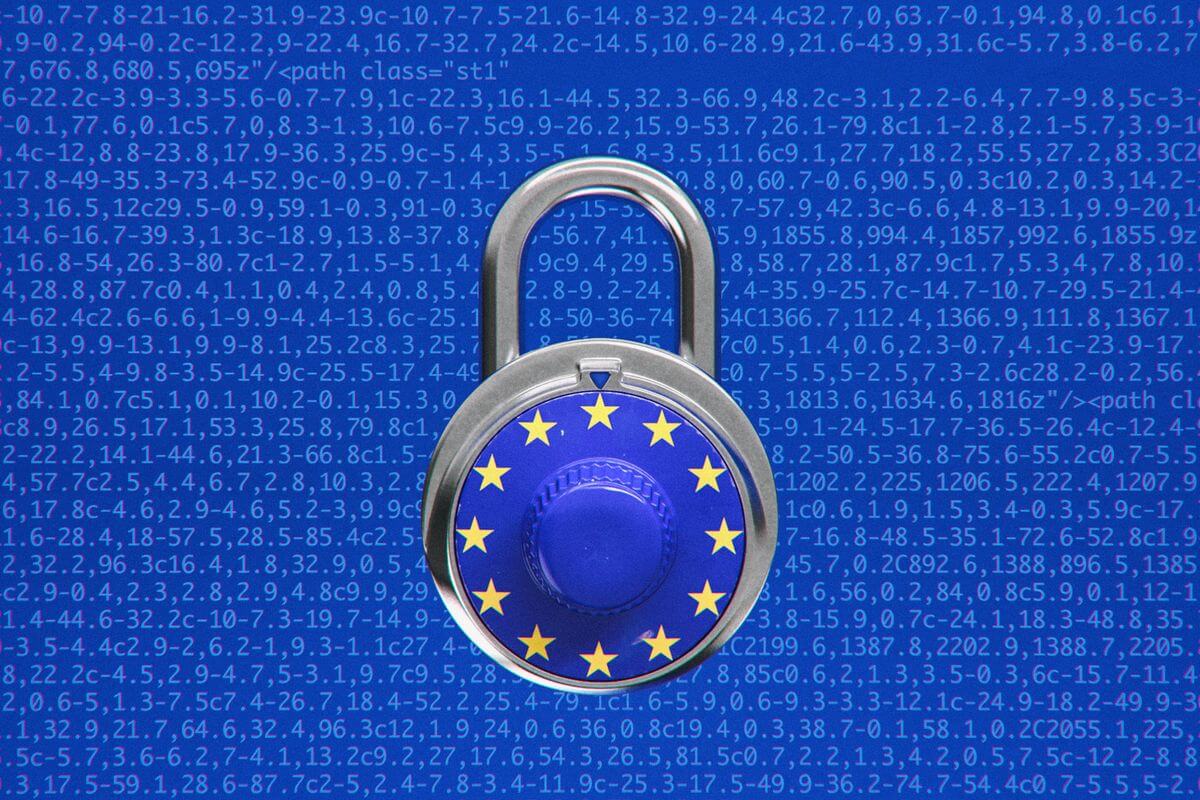

For readers who have been following the debate around the EU’s latest internet policies – Article’s 11 and 13 – today I come bearing good news.
On January 18th 2019, national governments failed to agree on a common position on Article 11, also known as the Link Tax, and Article 13, which would require online platforms to use upload filters in an attempt to prevent copyright infringement before it happens.
I personally believe both directives would contribute nothing towards a better user experience and, on the contrary, could in fact greatly limit how users interact with most web-based platforms.
Article 11 dictated that anyone using snippets of journalistic online content must first get a license from the publisher, which would be active for the next 20 years after publication. The goal was to generate income for European publishers by allowing them to charge internet platforms for displaying snippets of their content to users. Some targets were giants like Google, Facebook, Twitter, and Pinterest, which use such snippets in the course of linking to news articles.
My issue with Article 11 is that, in essence, it would make these platforms (a) limit their product offerings, (b) create substantially limited web versions for European users, or (c) just block all European IP addresses.
Plus, it’s not like we haven’t seen this happen in the past. A similar move was attempted by Spain a few years back.
Want to know what happened? According to the Guardian:
“Google is closing Google News in Spain and removing Spanish media outlets from the service following a row with the country’s government over new legislation aimed at protecting local publishers that requires the search company to pay for using their content.”
On the other hand, Article 13 would essentially make internet platforms hosting “large amounts” of user-uploaded content monitor user behavior and filter their contributions to identify and prevent copyright infringement.
Essentially, any YouTube or Medium-like platforms would be liable for copyright infringements.
Goodbye internet (as we know it)!
Surprisingly, a total of 11 countries voted against the compromise text proposed by the Romanian Council presidency: Germany, Belgium, the Netherlands, Finland, Slovenia (who already opposed a previous version of the directive), Italy, Poland, Sweden, Croatia, Luxembourg, and Portugal (who had previously shown support for Article 13).
We should expect new versions of the documents to be drafted and taken up for voting, although we can already foresee some resistance by the above EU country members.
We may have won the battle, but the war isn’t over.
As reported by Julia Reda, a member of the European parliament fighting to make copyright in the EU unified, progressive, and fit for the future:
“The outcome of today’s Council vote also shows that public attention to the copyright reform is having an effect. Keeping up the pressure in the coming weeks will be more important than ever to make sure that the most dangerous elements of the new copyright proposal will be rejected.”
If you want to #saveyourinternet, don’t forget to show your support and share this piece!
Denver, Colorado, 24th February 2025, Chainwire
Denver, Colorado, 20th February 2025, Chainwire
Washington, D.C., 18th February 2025, Chainwire
Dubai, UAE, 27th January 2025, Chainwire
Those who enter the market at this time may be surprised to hear that Bitcoin…
George Town, Grand Cayman, 22nd November 2024, Chainwire